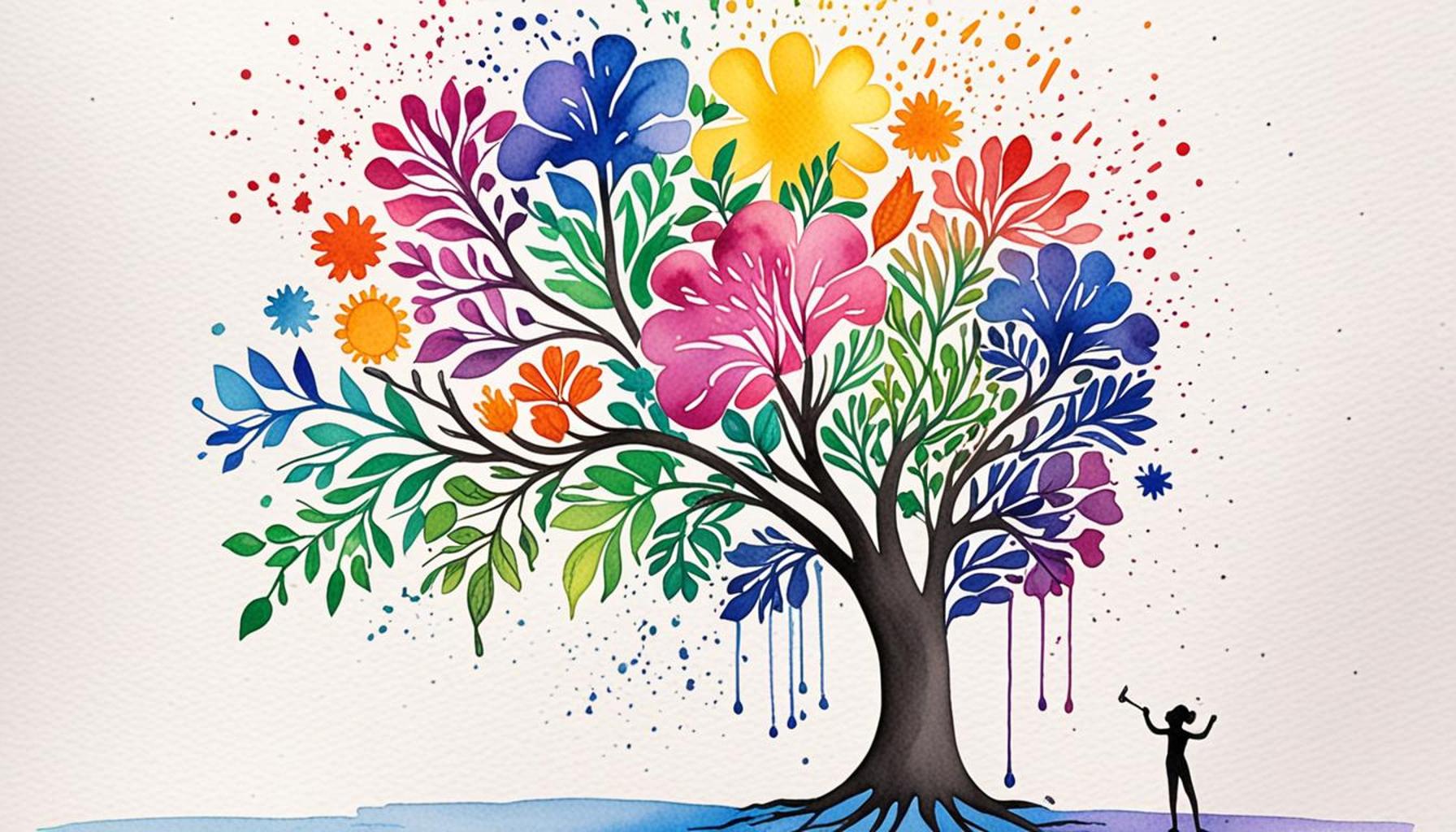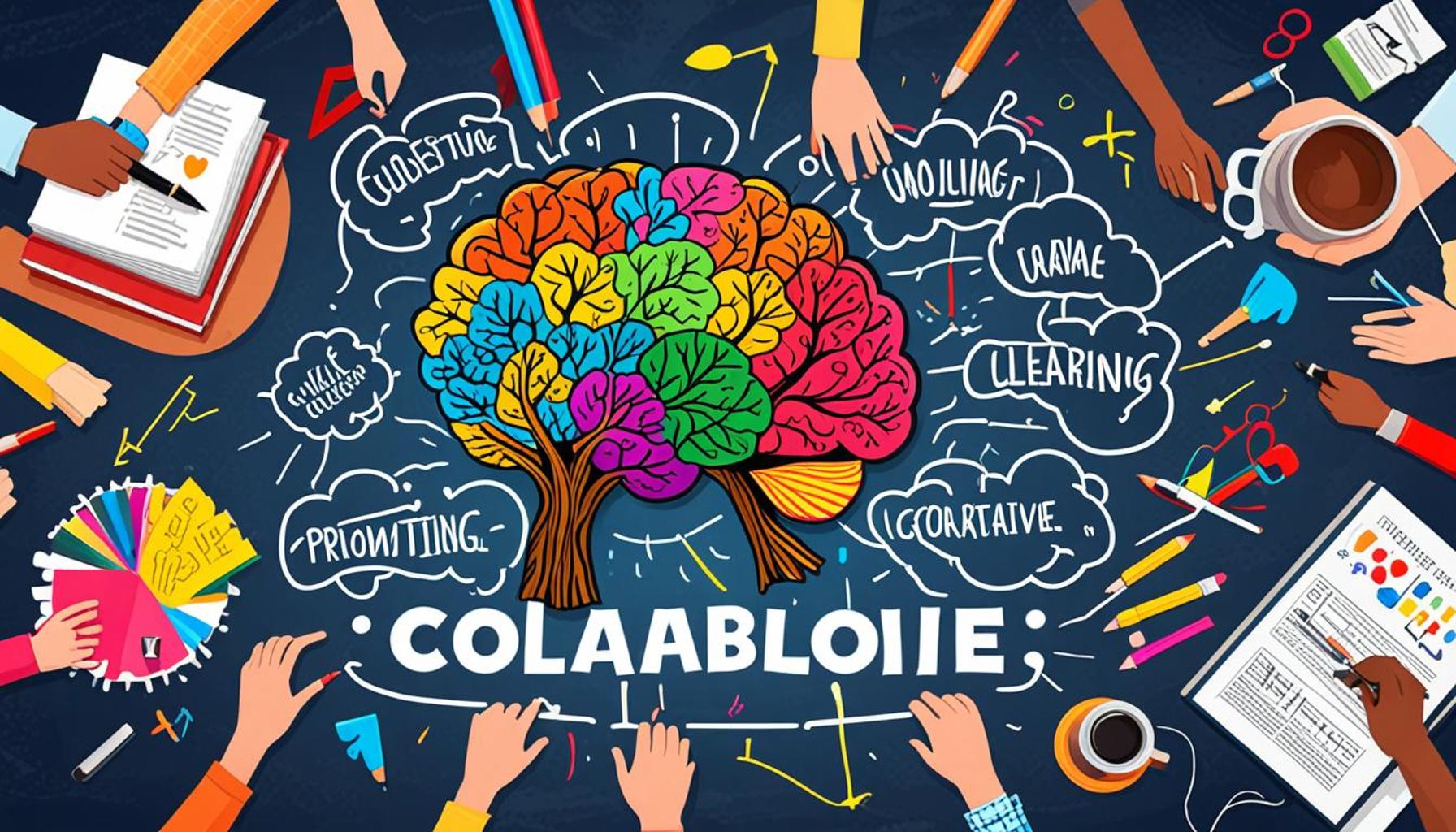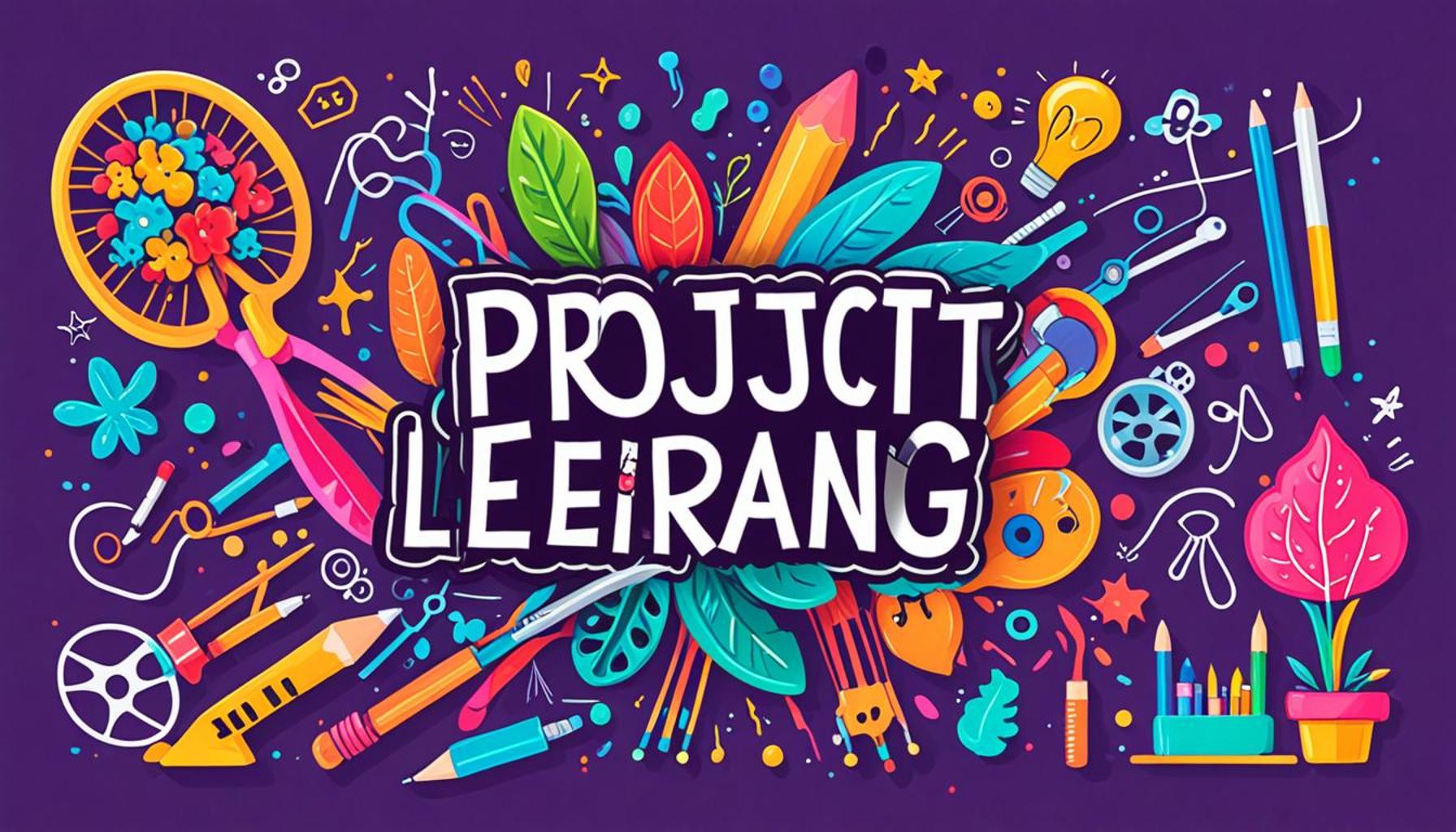Using Personal Narrative as a Learning Strategy to Foster a Growth Mindset
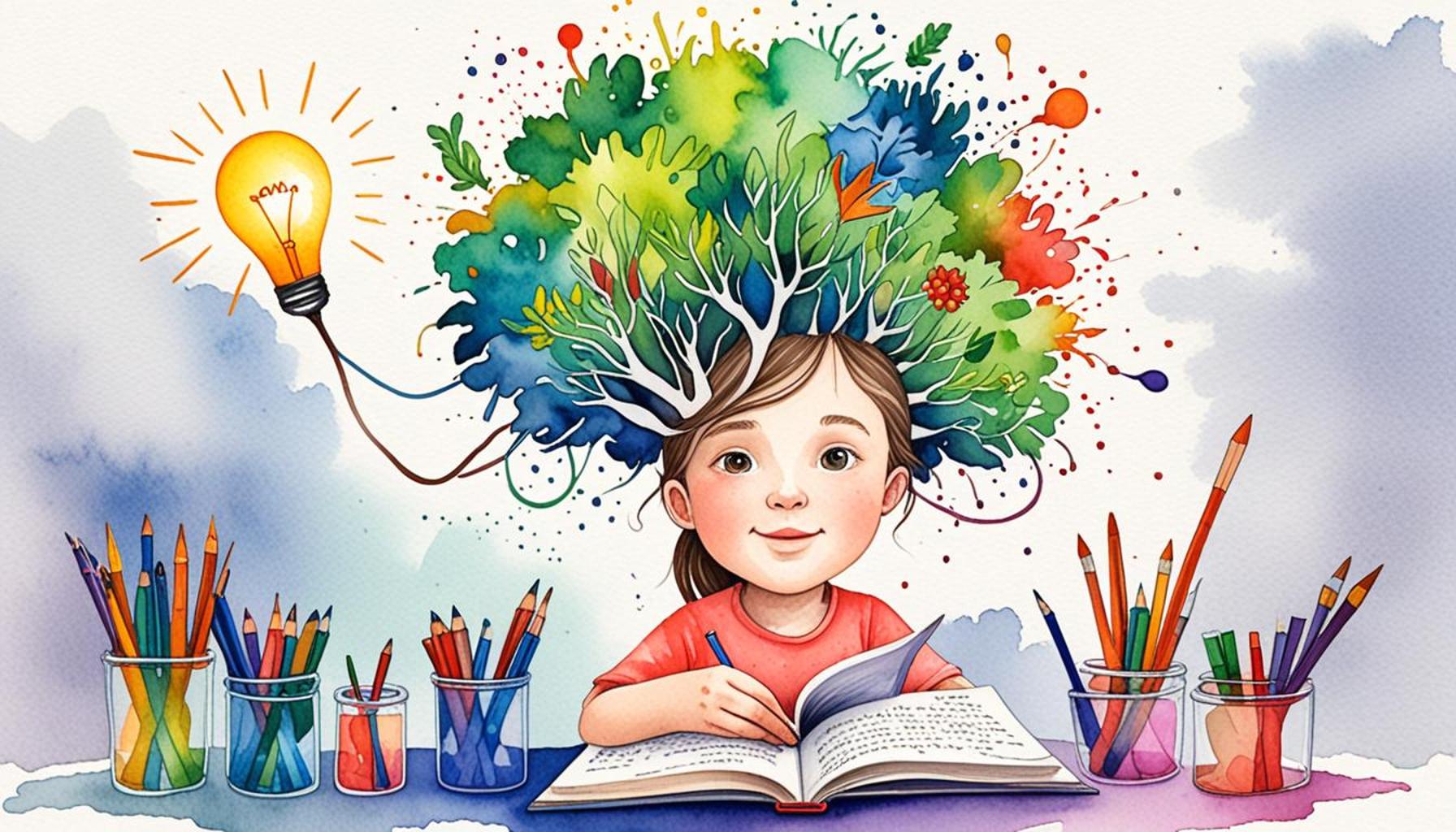
Unlocking Potential Through Stories
In a world where traditional education methods often overshadow personal experiences, using personal narratives stands out as a powerful learning strategy. This approach taps into individual stories, transforming obstacles into stepping stones for growth and resilience. When learners recount their experiences, they not only share their journey but create a rich tapestry of learning that reflects their unique contexts and backgrounds.
Personal narrative isn’t just storytelling; it encompasses:
- Reflection: Evaluating past experiences to draw lessons. This could involve a student recalling a challenging exam and analyzing what study strategies worked or failed, thus enhancing future academic efforts.
- Empathy: Understanding diverse perspectives by sharing and listening. In a diverse society like Nigeria, where over 250 ethnic groups exist, sharing personal stories allows individuals to grasp different cultural viewpoints, fostering harmony and community.
- Identity: Building a sense of self through the lens of personal challenges. For many Nigerian students, narrating stories of overcoming local challenges—such as navigating inconsistent internet connections for online learning—can help solidify their resilience and personal identity.
In Nigeria, where rich cultures and histories abound, narratives can bridge gaps in understanding, enriching the learning experience. For instance, when learners share their stories about traditional festivals or community struggles, they not only connect on a personal level but also cultivate a growth mindset, encouraging resilience and a commitment to continuous learning.
Research shows that storytelling can enhance memory retention and problem-solving skills. A well-structured story provides context, making it easier for students to remember essential concepts by connecting them to relatable situations. When students articulate their journeys, they embark on a transformative process that makes education more relevant and engaging. As we delve deeper into this fascinating topic, you will discover:
- How personal narratives encourage a growth mindset by framing failures as opportunities for improvement.
- Practical strategies for implementing this learning approach, such as using storytelling workshops in classrooms across Nigeria.
- Real-life examples highlighting its effectiveness, such as programs that use personal narratives to enhance literacy and communication skills in rural schools.
Join us as we explore the potential of personal narratives to shape future learning experiences, inspiring resilience and growth in all aspects of life. By embracing this approach, educators can create inclusive environments that nurture each student’s voice, ultimately enriching the educational landscape of Nigeria and beyond.
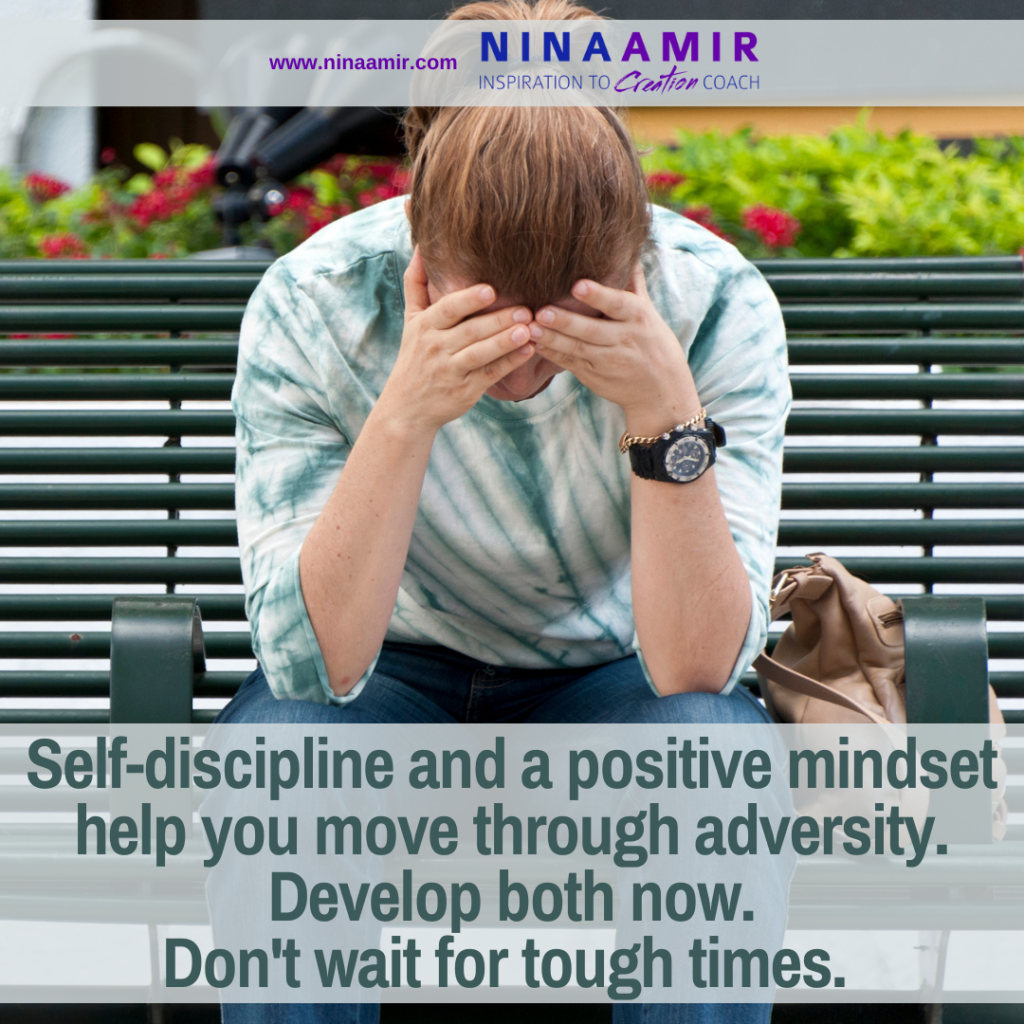
LEARN MORE: This related article may interest you
The Power of Storytelling in Education
When harnessed effectively, personal narratives can serve as a transformative educational tool, compelling students to reconceptualize their understanding of failure and success within their academic journeys. By framing experiences as narratives, learners can articulate challenges faced, the decisions made in response, and the outcomes that followed. This reflective practice fosters a growth mindset, where students view obstacles not as dead ends but as gateways to improvement and development.
Utilizing personal narratives encourages students to explore significant life events that have shaped their perspectives. The core of this method lies in the ability to identify lessons learned from these experiences. Students engaged in introspection can pinpoint instances of resilience that demonstrate their capability to adapt and grow. For example, a student might share a story about struggling with a subject like mathematics and developing innovative strategies—like peer tutoring or joining study groups—to enhance their understanding. Such reflections invite students to acknowledge their capacity for growth, reinforcing the idea that intelligence and skills are not fixed traits, but attributes that can be cultivated over time.
Moreover, personal narratives empower students to connect emotionally with their learning. When students relate their individual experiences to their learning materials, they create a profound bond with the content. This emotional investment leads to increased motivation and retention. For instance, in a history class, a learner might recount family stories of migration or survival amidst adversity. These narratives, rich with personal significance, not only illustrate historical events but also make the lessons resonate more deeply, allowing students to see themselves reflected in their studies.
Encouraging Resilience Through Shared Experiences
The act of sharing personal stories also builds a sense of community within classrooms, which is particularly valuable in the Nigerian education context, characterized by diversity and cultural richness. When students share their narratives, they contribute authentic voices that can help bridge cultural divides and enhance mutual understanding. This shared experience fosters empathy among peers, encouraging students to support one another through challenges.
Additionally, personal storytelling can highlight common themes of perseverance. Here are some ways sharing personal narratives can encourage resilience among students:
- Highlighting Positive Outcomes: By discussing how they overcame adversity, students can illustrate the potential for success that lies beyond temporary setbacks.
- Normalizing Struggles: Sharing experiences of failure allows students to see that everyone encounters challenges, normalizing these struggles and demystifying the path to achievement.
- Building Support Networks: Through storytelling, students may identify peers with similar experiences, creating bonds that can lead to a stronger support system in times of difficulty.
As educators incorporate personal narratives into their curriculum, the potential for cultivating a growth mindset grows exponentially. By embracing each student’s story, teachers can create a more inclusive, engaging, and resilient learning environment that not only prepares learners for academic success but equips them with essential life skills for the future.
| Advantage | Description |
|---|---|
| Enhanced Engagement | Using personal narratives captivates learners by connecting their experiences with the learning process, making education more relatable and exciting. |
| Cultivating Resilience | Sharing personal stories fosters a sense of vulnerability and openness, encouraging learners to embrace challenges as opportunities for growth and improvement. |
Embracing personal narratives as a learning strategy not only enhances engagement but also cultivates resilience among learners. Each individual possesses unique experiences and stories that can serve as powerful tools for reflection and learning. When these narratives are shared within a learning environment, they create a dynamic atmosphere where students can connect emotionally and intellectually.This approach invites learners to explore challenges faced in their personal or academic journeys, transforming these into stepping stones for developing a robust growth mindset. By reflecting on past experiences and how they handled various hurdles, individuals can learn that failure is not the end, but rather a crucial part of the learning process. Learners begin to view setbacks and obstacles in a more constructive light, which empowers them to tackle future challenges with optimism and determination.Additionally, as learners engage in storytelling, they not only gain confidence in their communication skills but also benefit from understanding diverse perspectives. This sharing process enhances empathy and social skills, vital components that contribute to a well-rounded educational experience. In this way, the integration of personal narratives not only enriches academic success but also promotes personal development and interpersonal relationships.
ADDITIONAL INSIGHTS: Expand your understanding here
Transformative Impact on Student Identity and Engagement
The integration of personal narratives in educational practices does not merely act as a bridge between students’ experiences and classroom content; it significantly impacts their identity and overall engagement in learning. In Nigeria, where students often face academic pressures and societal expectations, the opportunity to articulate personal experiences can lead to positive shifts in self-perception and motivation. When students share their stories, they are not just recounting events; they are laying the groundwork for a strong personal identity that is resilient in the face of adversity.
By promoting storytelling, educators open a space for students to redefine academic challenges. For instance, when students from diverse backgrounds recount their unique struggles with language barriers or cultural adjustment, they collectively enhance their understanding that growth is a process shaped by experience. A student who narrates their journey of navigating the complexities of the Nigerian education system while grappling with limited resources can inspire others. This type of sharing shifts the narrative from isolating personal hardship to a collective resilience that students can rally around.
Strengthening Critical Thinking and Self-Reflection
Personal narratives enhance critical thinking and self-reflection, crucial components for fostering a growth mindset. When students are prompted to analyze their stories, they engage in a structured reflection that encourages introspection. This process involves questioning their motivations, recognizing the impact of their choices, and understanding how their reactions to challenges inform their learning. For example, a student reflecting on the time they failed to win a science competition may come to realize that the experience instilled a deeper interest in science, ultimately leading to a commitment to experimentation and practice.
Moreover, personal storytelling can be integrated into classroom assessments, creating opportunities for students to demonstrate their learning through narratives that include academic concepts. Teachers in Nigeria might encourage students to write about their educational journeys, linking personal experiences to subjects like mathematics or science, thereby validating their narratives while reinforcing content knowledge. This method not only solidifies understanding but also imbues students with a sense of ownership over their learning paths.
Creating Opportunities for Growth Through Collaborative Learning
Collaborative learning is another significant benefit of integrating personal narratives. In group settings, students are prompted to share and listen, creating a culture where they can learn from one another’s stories. This collaborative dynamic fosters a community of learners who appreciate diverse perspectives, an essential element in Nigerian schools where cultural backgrounds vary widely. When students hear about a peer’s journey to overcome exam pressures or familial expectations, they not only find common ground but also develop strategies to leverage those shared experiences in pursuit of common goals.
Additionally, the act of narrating personal stories within peer groups allows for constructive feedback and support, forming a collective problem-solving environment. Students can collaboratively devise plans for overcoming challenges, whether academic or personal. This communal aspect of storytelling ensures that learners do not grapple with issues in isolation, reinforcing the idea that success requires collaboration and support.
As educators embrace personal narratives as a learning strategy, they lay the foundation for a deeper understanding and appreciation of the complexities of student experiences. In doing so, they transform classrooms into dynamic spaces where growth is not only possible but is celebrated through shared stories.
LEARN MORE: This related article may interest you
Conclusion: Unleashing the Power of Personal Narratives in Education
The use of personal narratives in education emerges as a transformative strategy, particularly in fostering a growth mindset among students. By allowing learners to weave their experiences and struggles into their academic journey, educators create an environment that transcends traditional learning boundaries. This approach not only enhances self-reflection and critical thinking but also encourages students to view their challenges as stepping stones to success rather than obstacles.
In the context of Nigeria, where diverse cultural backgrounds intersect with educational aspirations, personal narratives serve as a unifying force. The act of sharing individual stories fosters a supportive community, promoting empathy and understanding among peers. Students learn that resilience, persistence, and collaboration are key components of achievement, reinforcing the idea that growth is not a solitary endeavor, but rather a communal experience enriched through shared journeys.
As we look to the future of education, embracing personal storytelling can revolutionize how students engage with learning, allowing them to take ownership of their experiences. This approach equips them with essential skills to navigate life’s challenges beyond the classroom, fostering not only academic success but also personal development. Educators in Nigeria and beyond are encouraged to integrate personal narratives into their teaching practices, paving the way for a more inclusive, engaging, and inspirational learning environment. In doing so, they lay the groundwork for generations of learners who understand that every setback is merely a setup for a comeback, and that growth truly lies within their narrative.

